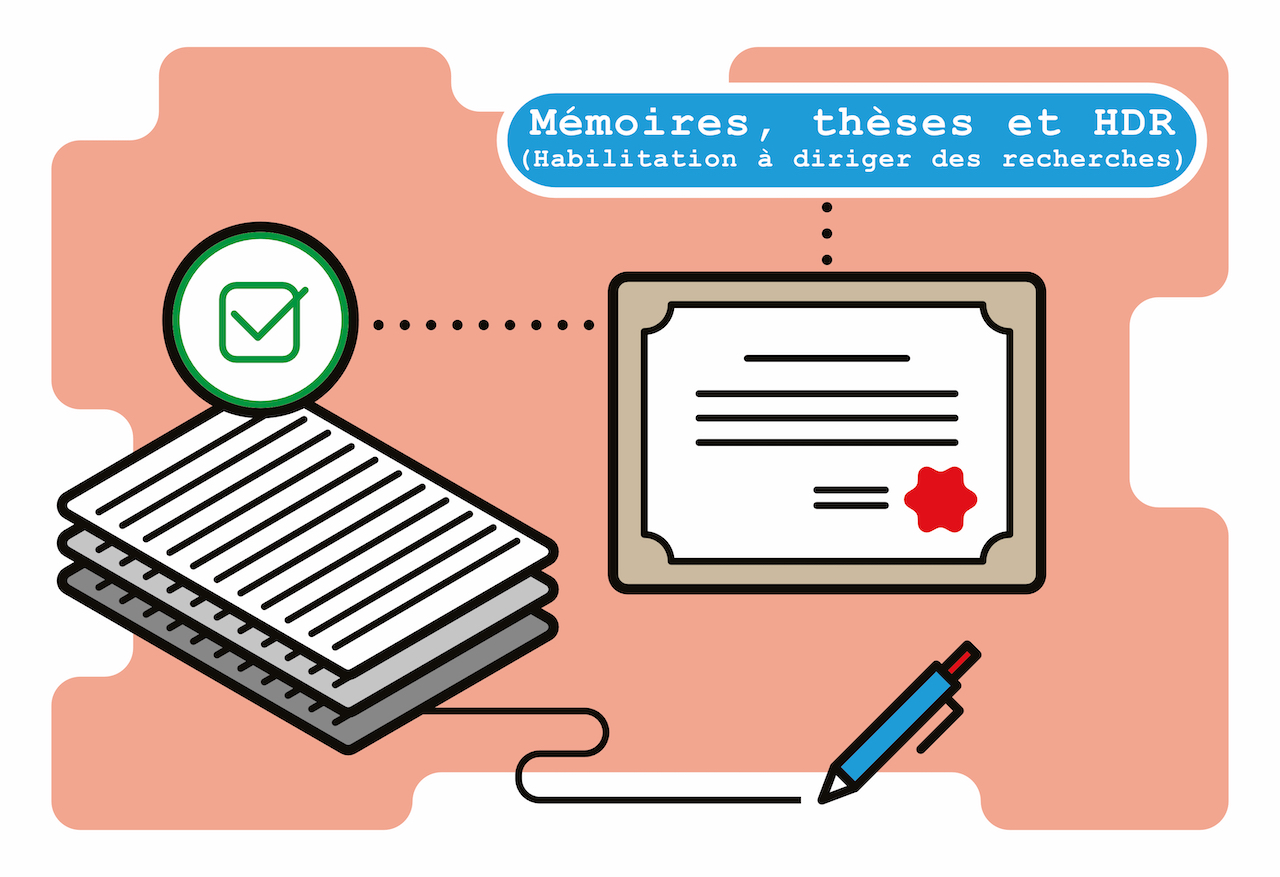Fiche du document
- ISIDORE Id: 10670/1.4505f8...
Sujets proches
Industrial production IndustryCiter ce document
J Kim, « An ethnography of a sewing neighbourhood under threat in contemporary Seoul », Oxford Research Archive, ID : 10670/1.4505f8...
Métriques
Partage / Export
Résumé
This thesis presents an ethnographic study of the Changsin-dong neighbourhood in Seoul, specifically focusing on the small-scale sewing workshops agglomerated in the area. Changsin-dong is a district in which the sewing industry has remained as a manufacturing base for the largest clothing complex in Korea, called Dongdaemun. I aim to analyse the local specificities of Changsin-dong, which represent socially ‘close-knit’ networks, economically inter-dependent local value chains, and politically intertwined urban development agendas, from both macro and micro points of view. Using a range of theoretical and empirical approaches to document and analyse everyday life in the sewing neighbourhood, this research explores the contradictory complexities and microscopic dynamics that exist in this urban community in the heart of the city. The two sides of this community are demonstrated by the incompatibility and simultaneous coexistence between: (1) the interlinked local network and the tensions and frictions among locals; (2) sewing workers’ passiveness towards the vanishing industry and their activeness in each choice in day-to-day spheres; and (3) developmental pursuits and regeneration schemes in urban planning. In order to unveil the behind-the-scenes ambivalence of the industry and its community, I seek to understand their interconnected local network in relation to everyday practices of gift exchange, the sociality of sharing, and local surveillance. This may, in turn, reveal how the local community plays a role in sustaining the local economy, in both advantageous and disadvantageous ways. Moreover, in a sunset industry, I will explain how the industrial system has influenced individuals’ working environments and their attitudes, and how individuals react to, adapt to, and overcome this dying industry, which can be related to the concept of social navigation (Vigh 2007). Finally, I will investigate the intricate interests, political interventions, and pragmatic constraints of urban regeneration in Changsin-dong, in connection to anthropological discussions on governmentality and infrastructural fetishism (Larkin 2013: 333). Taken together, I seek to examine the daily struggles, dilemmas, negotiations, and contradictions in the urban sewing community, which has survived but has also isolated itself; an industry that is declining and transitioning at the same time; and urban regeneration, which once looked bright but is now fading.
